+86-1536-2627-885 sales@ledprior.com
+86-1536-2627-885 sales@ledprior.com
WHY WE DESIGN LED STRIP LIGHT?
"Light in
the space, like the air in life"
Ways of Designing
Light Washing
Nowadays many designers adopt light strips naturally in the process of interior indoor designing. They appear to layer the sense of hierarchicy, enrich the light ambient.
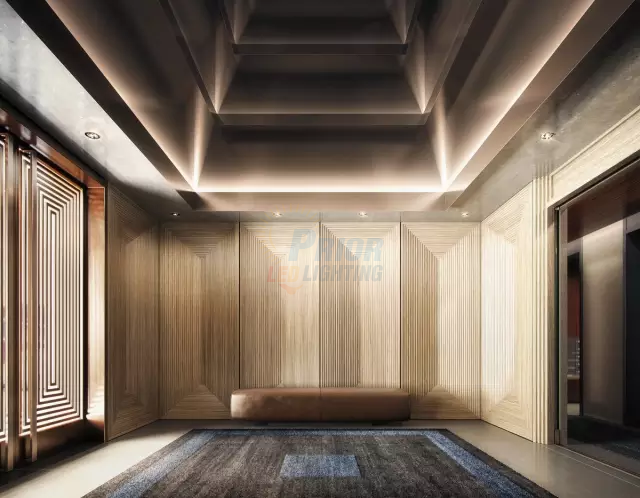
But many owners often ask the designer such problems
"Why do you want to design a light strip?"
Both increase the cost, but also maintenance,
Will there be light pollution? Are they really good looking visually?
▽
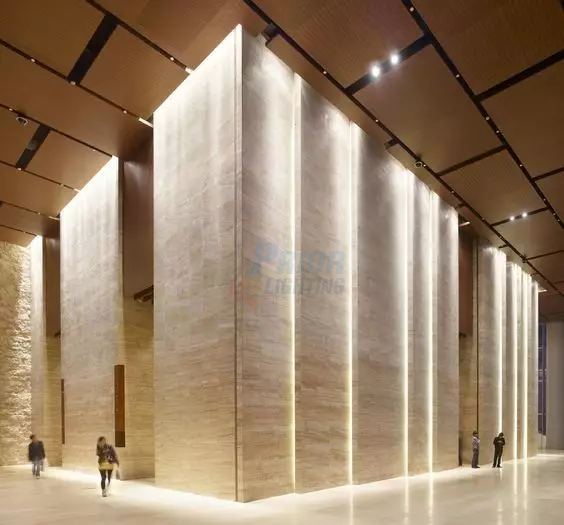
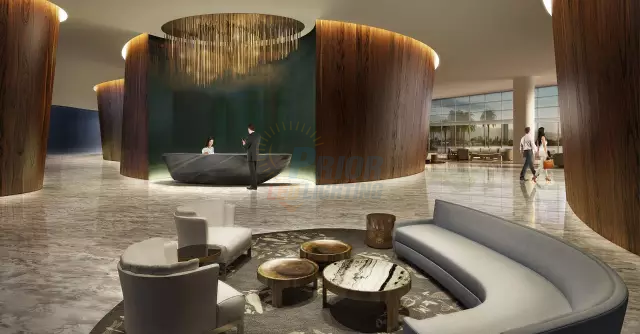
In
fact most of people do not know
Who
the first man makes use of this design technique
and
the design purpose
▽
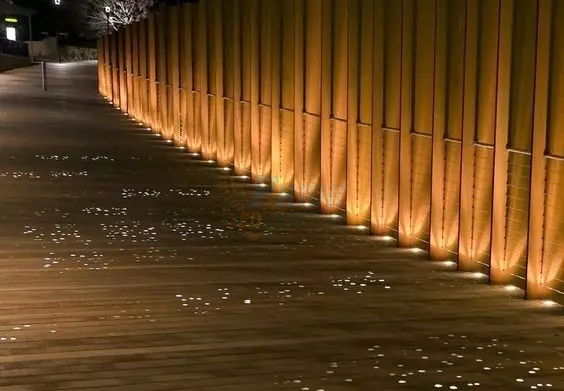
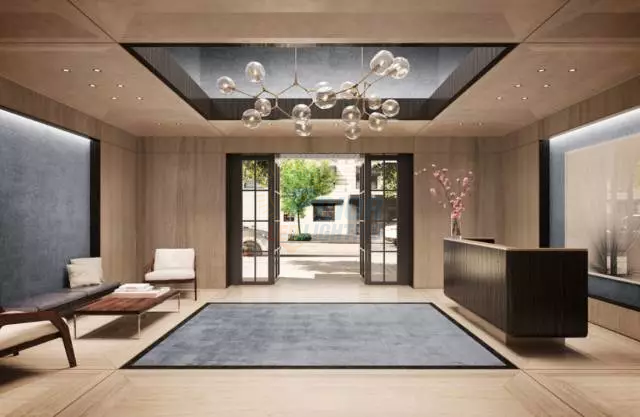
Richard Kelly and Philip Johnson,
the two masters pioneered this concept.
"Light Washing"
That is,
with a number of hidden light sources to illuminate the wall evenly and
uniformly.
▽
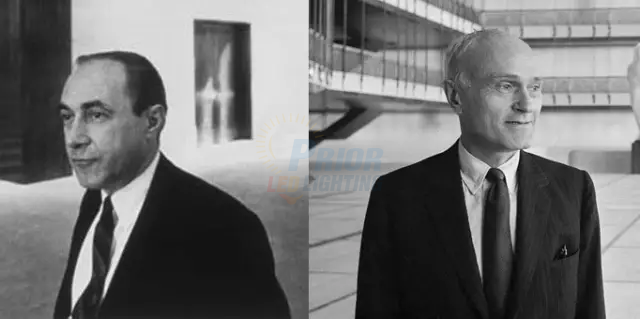
They headed in
Miesfandro
in designing
the Seagram building with the
concept of "Tower
of light"
Made the
rough and porous limestone materials
being a very neatly and elegantly effect.
▽
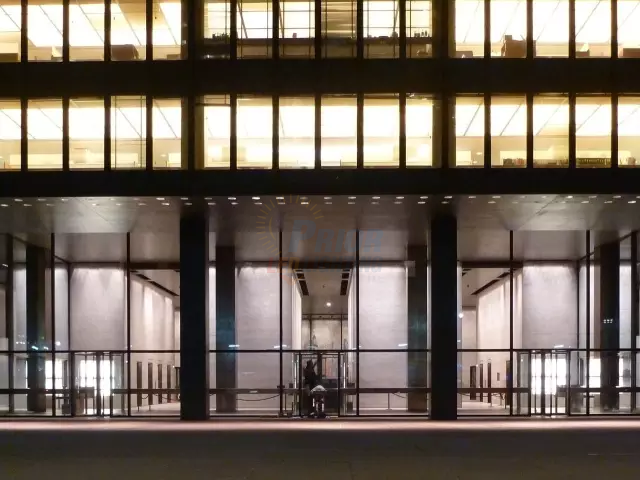
Since then, "Light
Washing" design style have been applied so far
The light
strip is hidden inside of ceiling, the wall, or floor for outlining the
contours of space
Which had
become one of the designers' favorite lighting styles.
▽
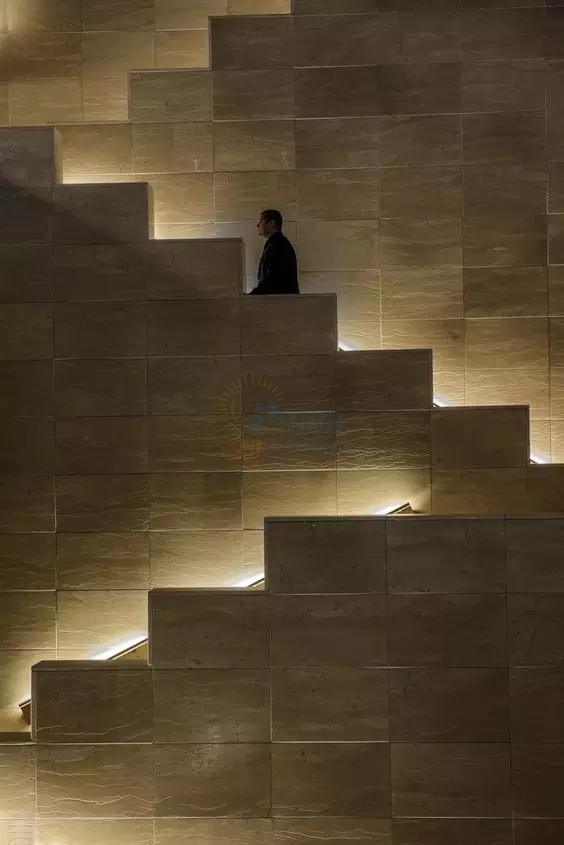
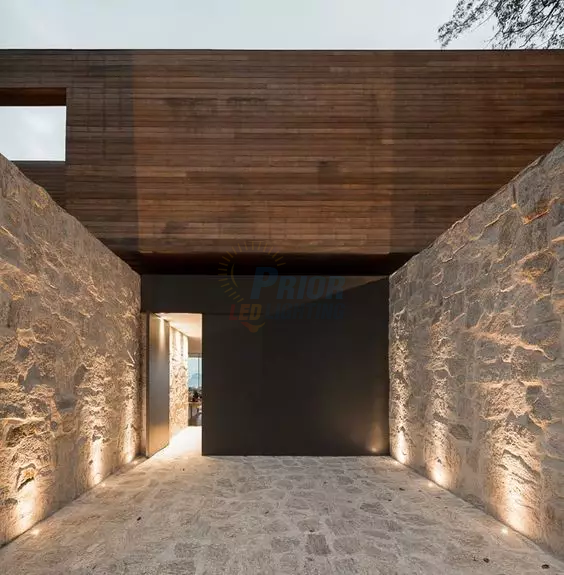
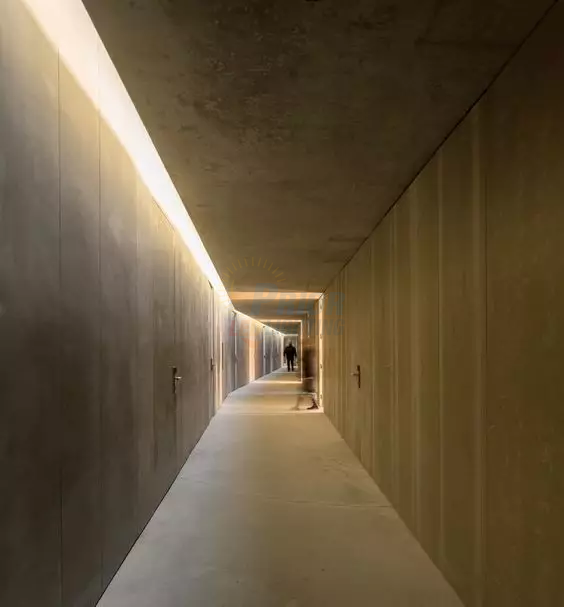
In modern
simple style design
The strip
light make the space more stylish
▽
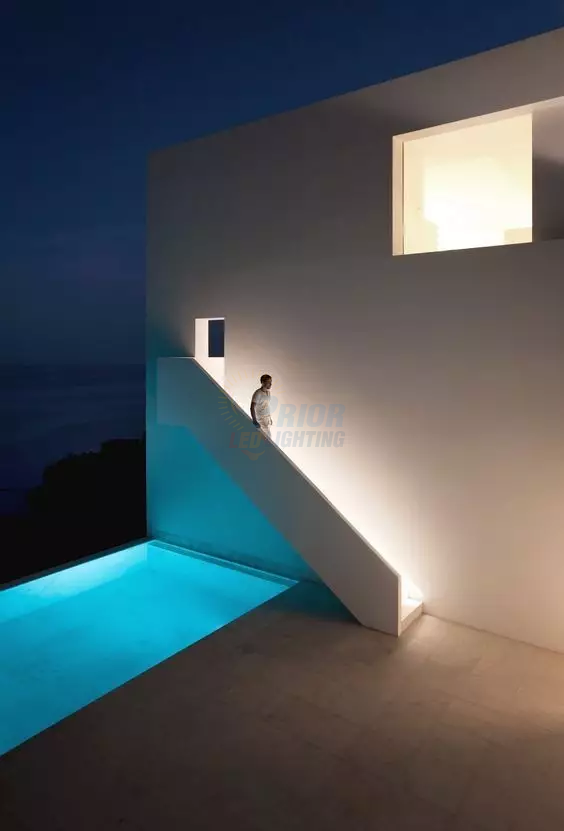
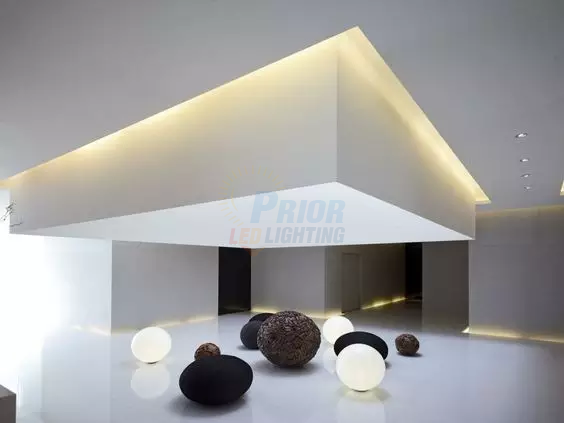
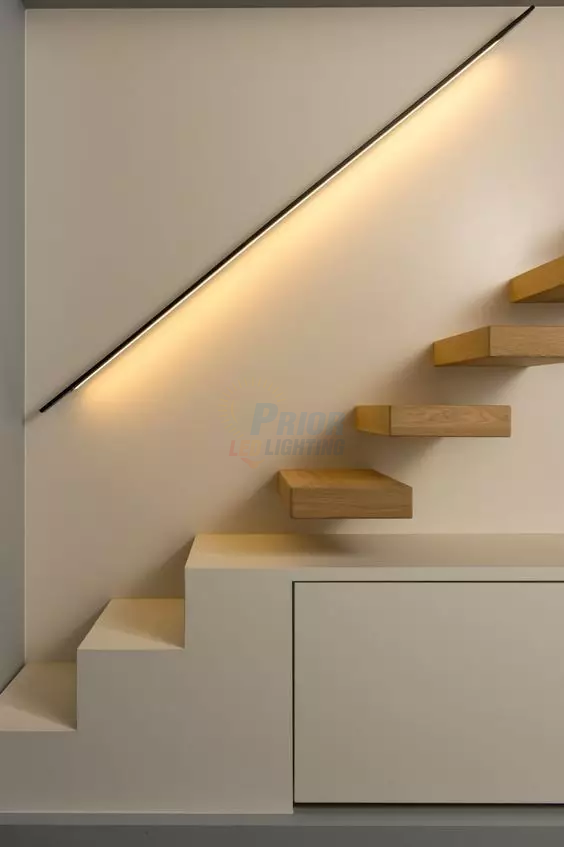
The strip lightings are not only aesthetically
pleasing
But also increasing the auxiliary
lighting for room space
Let the blank space become much more
brighter
▽
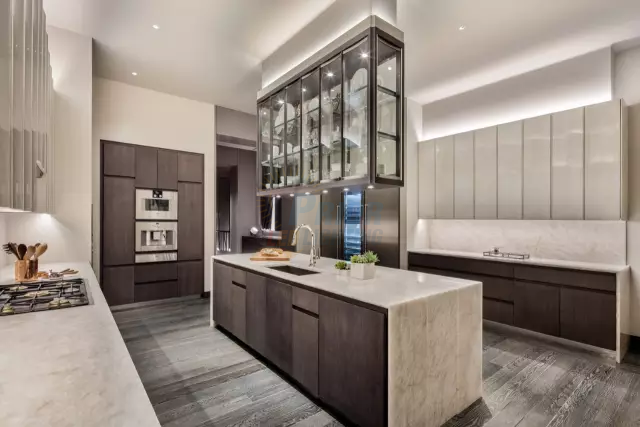
The additional strip
lights interior of the cabinet
play the role of adding
the finishing touch
▽
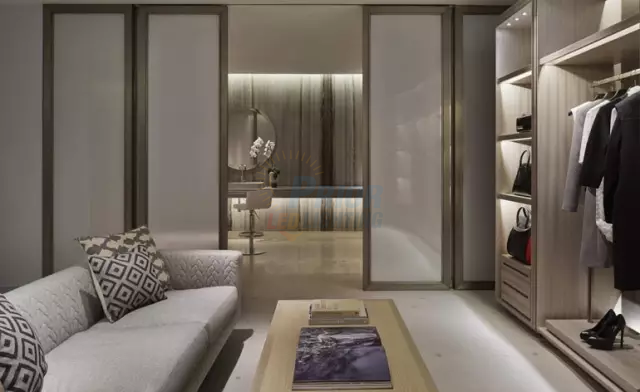
The shelves combined with
the strip lights
both functionality and
better lighting effect
▽
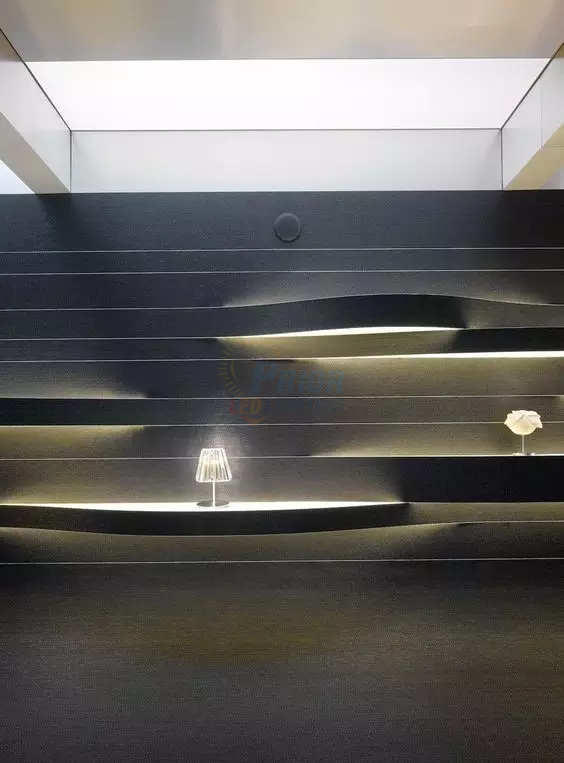
The strip light under the
baffle plate make the small room
look more spacious
▽
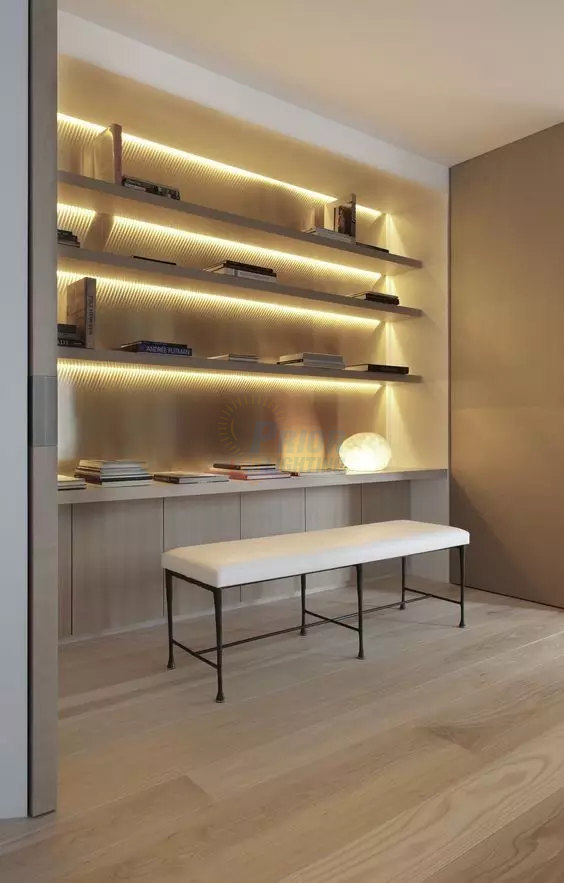
Now actually many
designers are good at
"light washing"
approach
But can't tell what the
truth is

Well , let's see the lighting master Richard Kelly's
three principles of lighting
1.Focal Glow
2.Ambient Luminescence
3.Sparkling of Brilliants
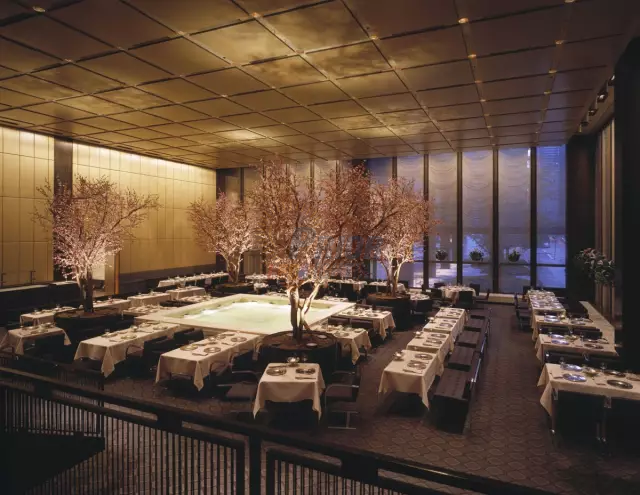
Above picture was the
Four Seasons Restaurant of Seagram Building lighting
designed by Richard Kelly
It was a good interpretation
of his three principles of lighting
The washing strip lights
highlighted the roughened decorative panels
The combination of down
lighters and ceilings formed the mainly downward lighting
and made up the shinning
spots through the reflection of the pool.
Focal
Glow
Focus Glow means , as the needed major lighting
position must be bright, such as
on sales products, the needed illumination the
staircase between steps, the hotel lobby canopy......
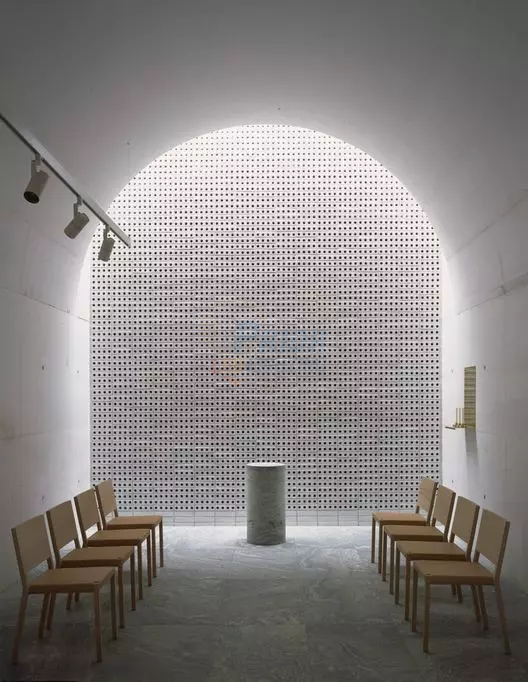

The light strip under the
handrail of the staircase
Solved the lighting
problems of the staircases
▽
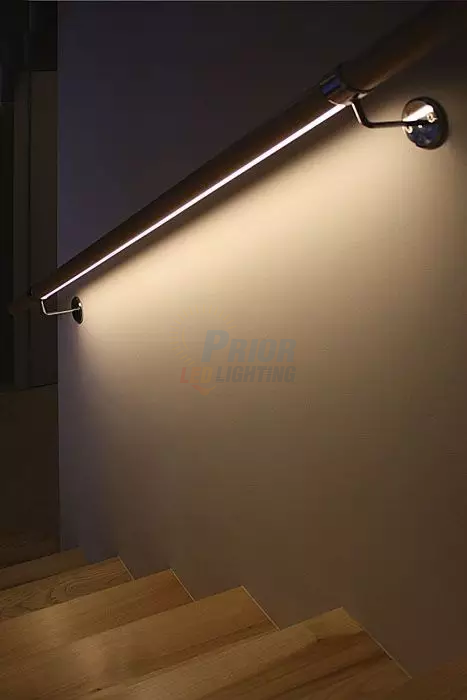
Ambient
Luminescence
The Ambient luminescence like the shines of the open
country fields, the hint rays in the snow morning, the evening lake against the
sunset, even the ambient doesn't flow directly,
but the rays of light change, so the ambient rays develop a kind of
"shadowless lighting"
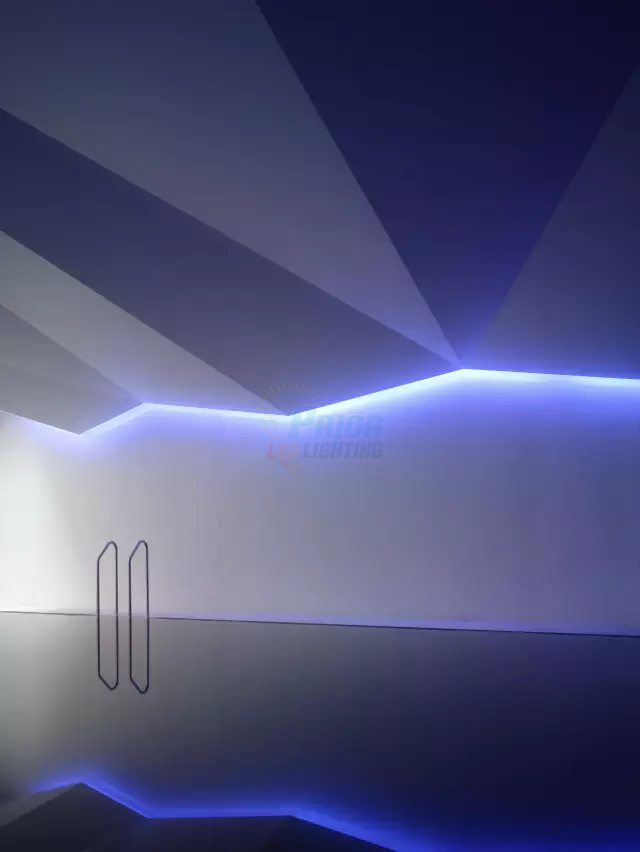
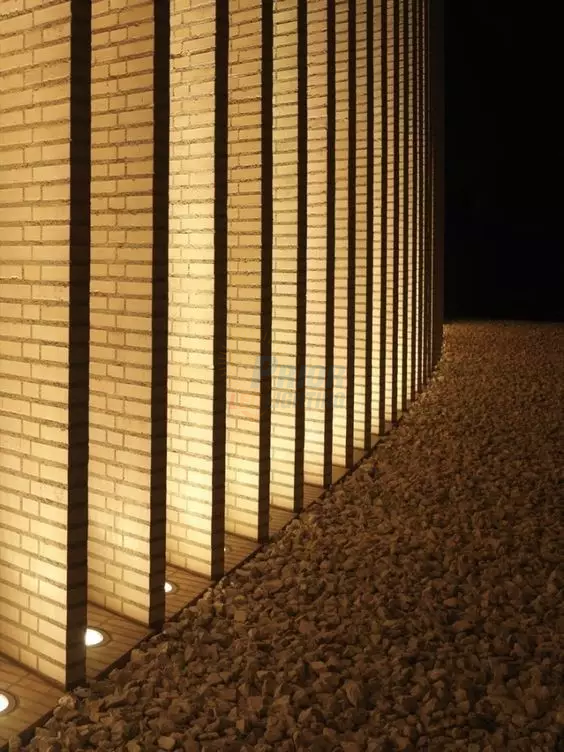
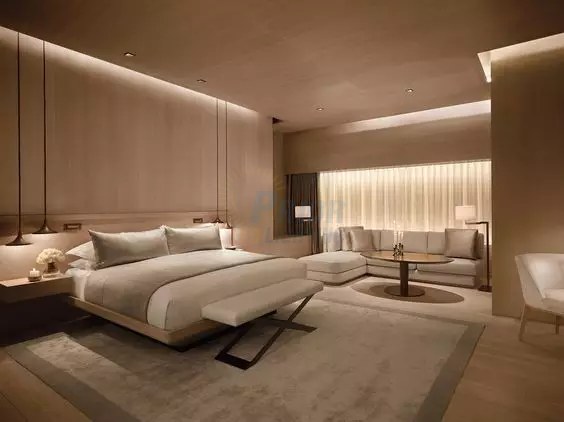
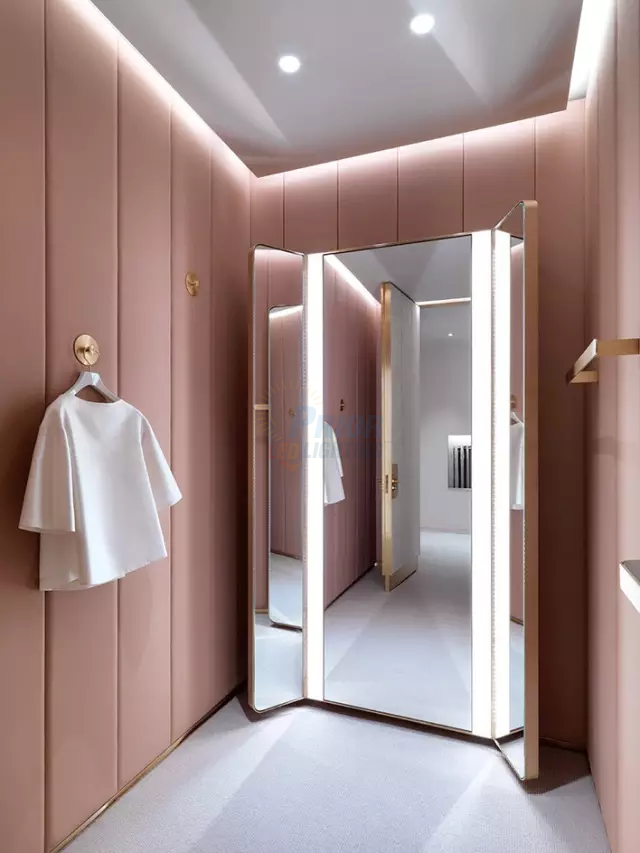
Sparkling of
Brilliants
The sparking of brilliants
seem the waves of the stream, the sunshine pass through the window caves, a ray
of beams shines into the room, the candles of banquet hall, the glass crystal
lamp's light, they would stimulate human's nerves, dynamical , varied and
graceful.
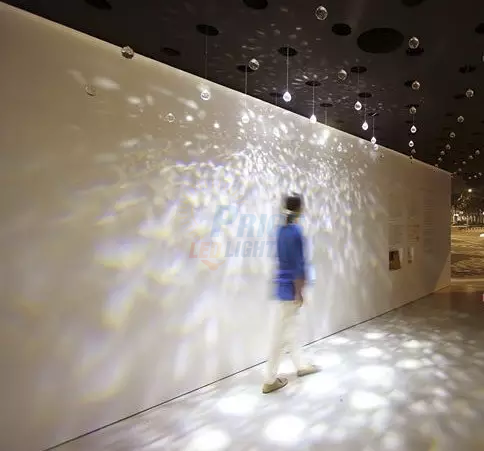
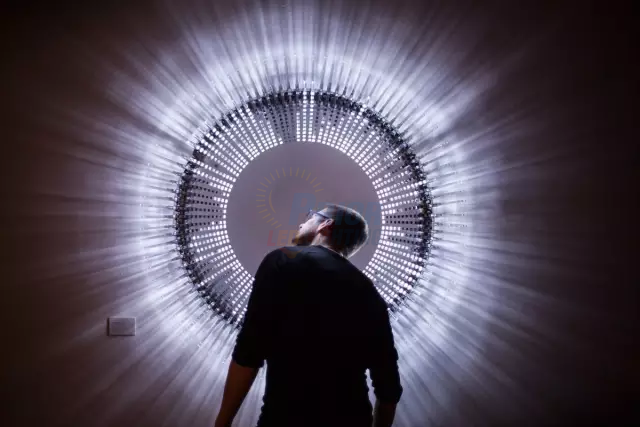
Most of designers often used
the strip lights because they used to raise the indirect lighting,
eliminate the shadows, glares,
and enrich the hierachy of room
No matter how the modern
design change, then quasi from master Kelly's application of lighting
principles.
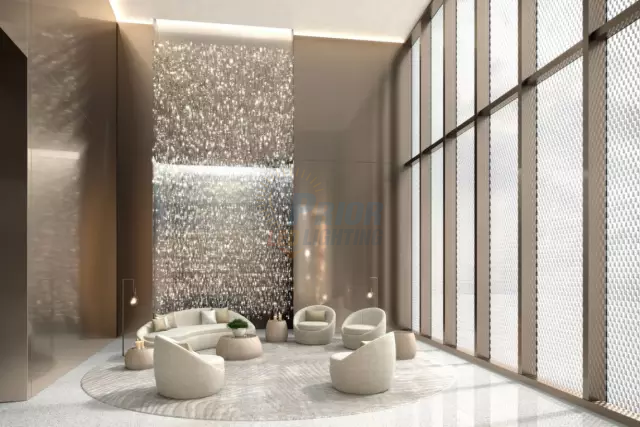
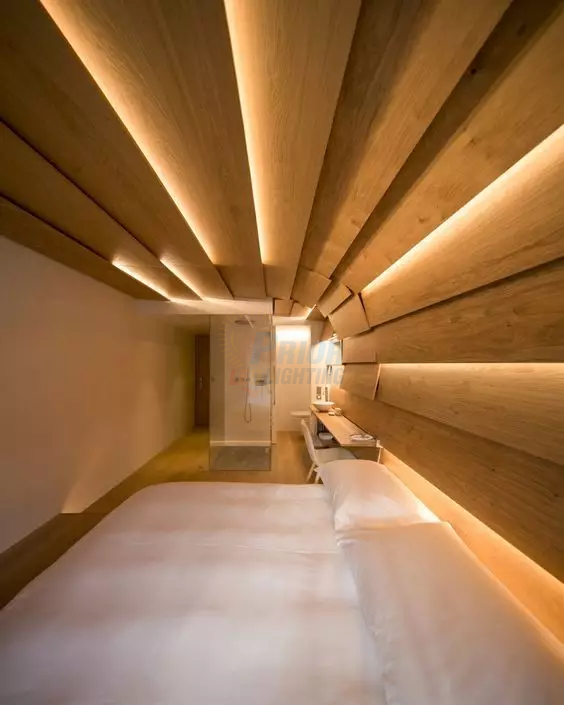
Previous : Color Kinetics